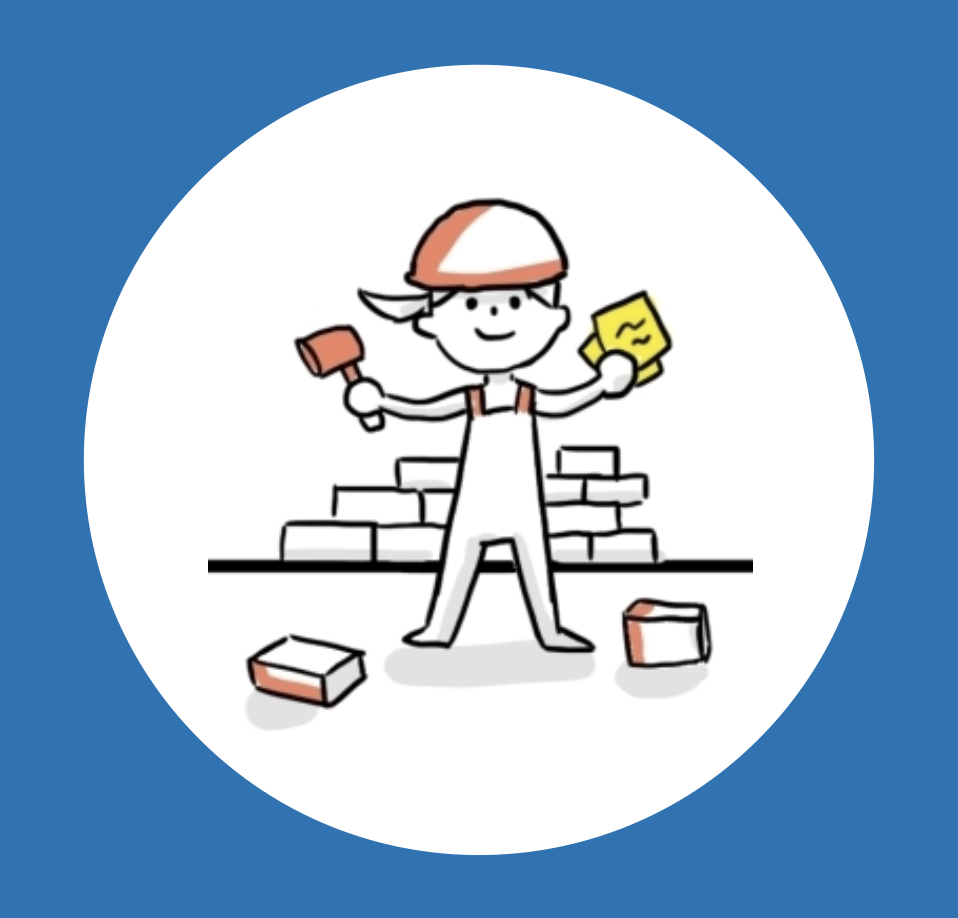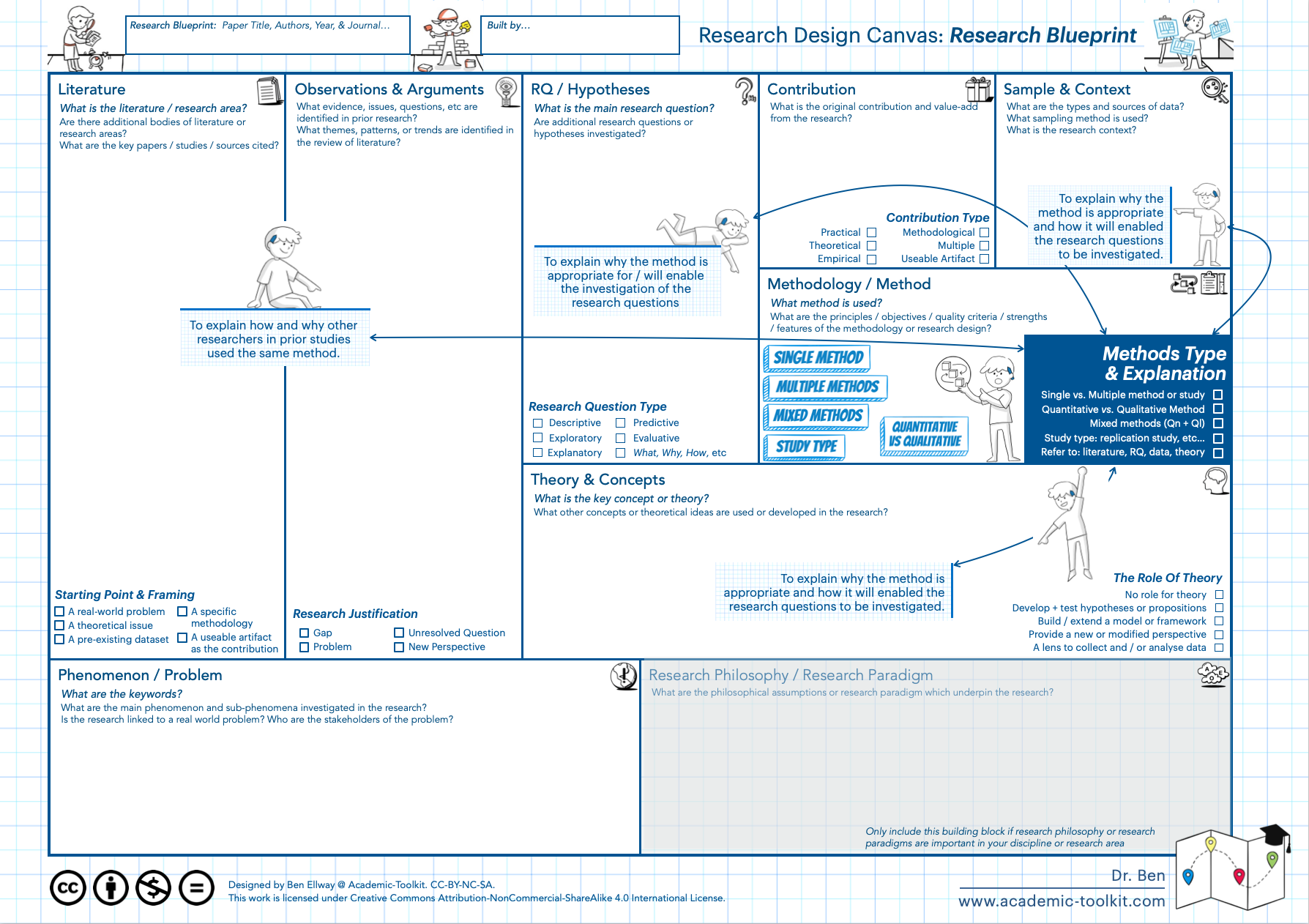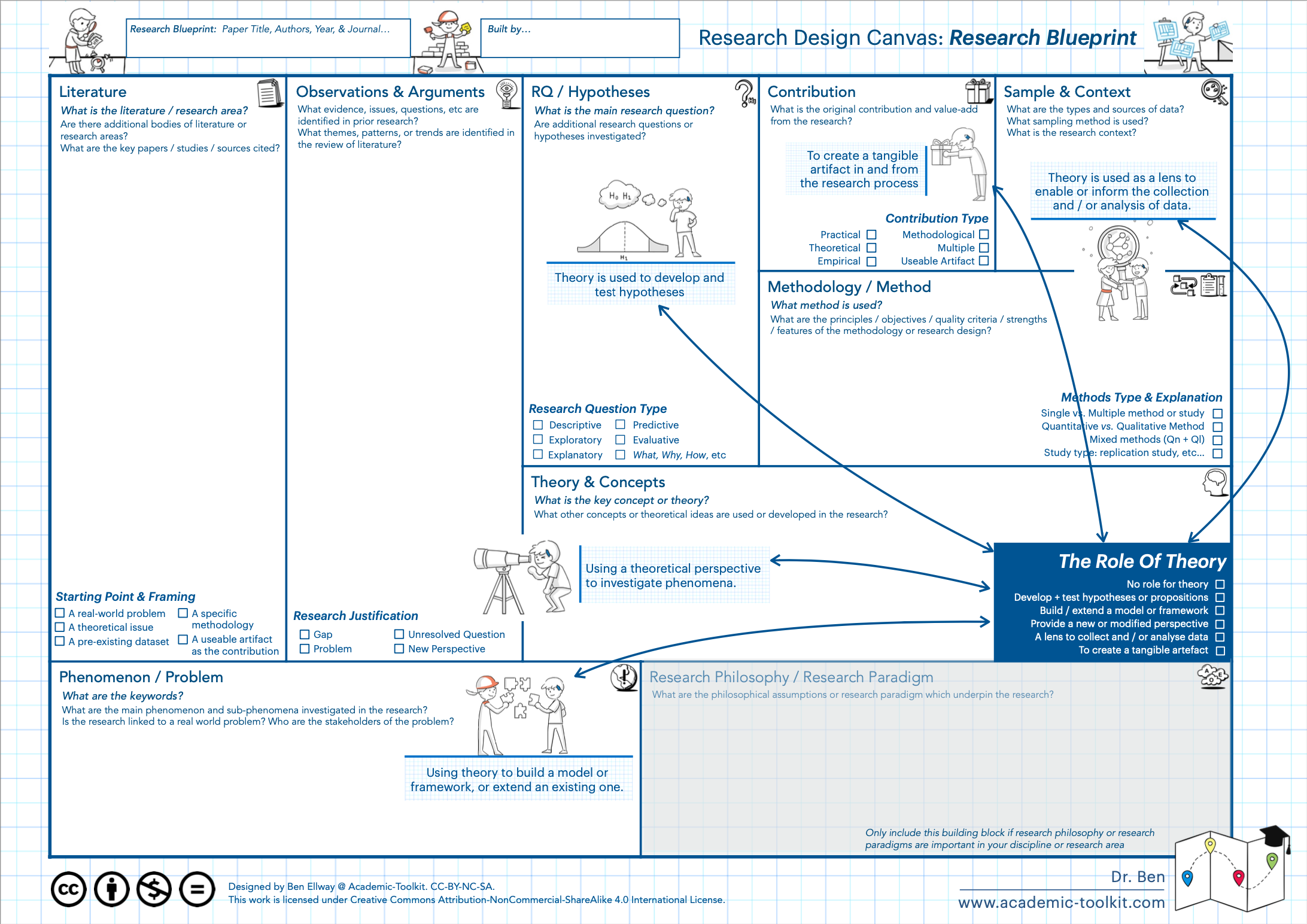Learn to confidently read journal articles in 1-day
so you understand research, and the literature on your topic area, more quickly and easily
Like reading with a brighter light on!
Reading with more confidence
Made my reading of articles more purposeful
Always me to focus
Today, you can develop reading skills + confidence, to make progress in your literature review and thesis.
Whether your in your first semester or further along in your research journey, if you don’t know how to read journal articles, you’re probably wasting valuable time, using up vital mental energy, and making slow progress in understanding the literature and advancing your thesis
Does any of these common reading experiences sound familiar?
It takes me hours to read a single paper
I become lost or stuck when reading journal articles
I feel overwhelmed by the complexity of ideas
I often finish reading sessions feeling like I haven’t made any progress
Sometimes I feel more confused after reading than when I started
I’m not a slow reader but academic research is so complicated
Progress in my literature review is slow because reading is taking too long
The truth is, as a research student, you can’t avoid reading journal articles - if you want to write your literature review and thesis.
Understand Academic Research!
Learn how to read journal articles so your understanding of academic research improves while you are reading, rather than solely focusing on making connections to your topic.
Reading confidence + skills for your thesis journey
Replace Confusion With Clarity
Know what to expect, where to find it, and what it means. Simplify the complexity of research and journal articles by using an academic reading tool to help you more easily read and navigate papers.
Stop Wasting Valuable Time…
Learn to read with time limits and reading aims, so you know what you are going to achieve and how long it will take, before you start every reading session.
Faster Progress In Your Literature Review
Know how to determine the relevance of papers to your thesis, and how to find important information and ideas in academic papers to use and cite in your literature review.
Reduce Imposter Syndrome
Don’t feel demotivated or begin to question your ability as a researcher - know how to read journal articles so that you become a more confident researcher
Reading Journal Articles
TO BUILD
Research Blueprints
Easy-to-understand, step-by-step training, to read and understand academic journal articles.
Develop the skills and confidence to read more quickly and easily, to progress in your literature review and thesis.
...even if you lack confidence, are new to research, a slow reader, or are feeling confused or frustrated with the complexity of journal articles.
Reading Journal Articles To Build Research Blueprints will help you to read, as it’s helped other research students.
Reading with a brighter light on
“It was a great learning experience for me. I am using the tips learned for my scoping review now and enjoying reading the articles! It’s like reading with a brighter light on.”
Naomi, 1st year Phd Student
Exactly what I needed
“I found the process very helpful and exactly what I needed to help me start reading articles for their structure, not just their content.”
Anna, 1st Year PhD Student
Reading of articles more purposeful
“Questions from each of the building blocks ‘forced' me to read the article with more intent rather than just mere ‘reading'. Each building block allows me to focus on various components (mining or fishing for relevant information from the article to answer the questions) of the research project being reported. It made my reading of the article more purposeful.”
Helena, 1st Year PhD Student
Greatly enhances
“The canvas is a very useful academic signposting tool that greatly enhances a doctoral student’s ability to deconstruct a paper and use that to map out the thesis journey.”
Anthony, 1st Year PhD Student
Reading To Build Research Blueprints is your secret weapon to read faster and smarter for real progress in your research journey.
Want to know what’s inside?
Here’s what your going to accomplish…
22
Easy-to-follow videos with step-by-step instructions to help you learn as you watch.
STEP 1:
STEP 2:
STEP 3:
READ EFFICIENTLY
Stop wasting valuable time reading full papers before realizing they aren’t relevant to your research or thesis. Know-how to read journal articles efficiently, to focus on quickly achieving your reading aim, without getting distracted or sidetracked.
READ SYSTEMATICALLY
Avoid getting lost, stuck, or confused reading long or complex papers. Know-how to read journal articles systematically, to focus on getting a comprehensive understanding of the research being reported.
READ PURPOSEFULLY
Stop feeling overwhelmed or frustrated with the diversity of research reported in journal articles in your topic area. Know-how to read multiple journal articles purposefully, to focus on understanding similarities and differences in the literature rather than on a single paper.
FAQ
-
No, there is no coursebook or research text to read as it’s a fully video-based masterclass. The only reading in the course is the three journal articles you will read from your research topic area.
-
You’ll learn to read with more focus by knowing exactly what information you are going to find and where to find it in the sections of journal articles. You’ll learn three ways of reading with 3 different time limits, to help you read more quickly but also more efficiently, systematically, and purposefully.
-
The instructional videos give step-by-step guidance, which you can pause and re-watch to easily understand. You’ll reduce the complexity of academic research, language and terminology, by using the research blueprint as an academic reading tool. You’ll practice reading journal articles in three different ways, to give you more confidence to read and understand the research being reported.
-
In addition to the 105 mins of instructional videos, all time will be spent reading journal articles in your topic area. You’ll practice reading in three different ways with a reading time limit, so you can focus and utilize time when reading.
-
You’ll read three journals in three different ways, for an approximate total reading time of 495 mins.
There are 15 course videos, with a total watch time of 105 mins.
That’s 600 mins or 10 hours.
If you re-watch half of the videos and add in an hour of thinking time, that’s 12 hours in total.
-
There will be lots of reading left in your journey, as you update your literature review and write your thesis chapters. You’ll boost your reading skills, reading confidence, and reading productivity to help you progress in your journey to final draft and submission.
-
If you’ve just started your academic career, you’ll know that your research and reading time are precious. By learning to read journal articles efficiently and productively, you’ll ensure you don’t fall behind in your research when balancing them with teaching and academic duties.
+ The Ultimate Bonus:
3 Research Blueprints: Personalized Academic Design Tools For Your Thesis Journey
Research Blueprints of three completed investigations from the literature on your thesis topic. Use the blueprints to help you understand, explore, design, and justify research decisions, to build your thesis with confidence.
6 Specialized Research Blueprints To Enhance Your Reading
Quickly find and understand research decisions in journal articles
Understand the diversity of academic research in your topic area
Identify themes / patterns in the research literature
Ready To Start Reading Journal Articles With Confidence?
Begin the masterclass to efficiently read journal articles, understand research in your topic area, and make progress in your thesis.






















